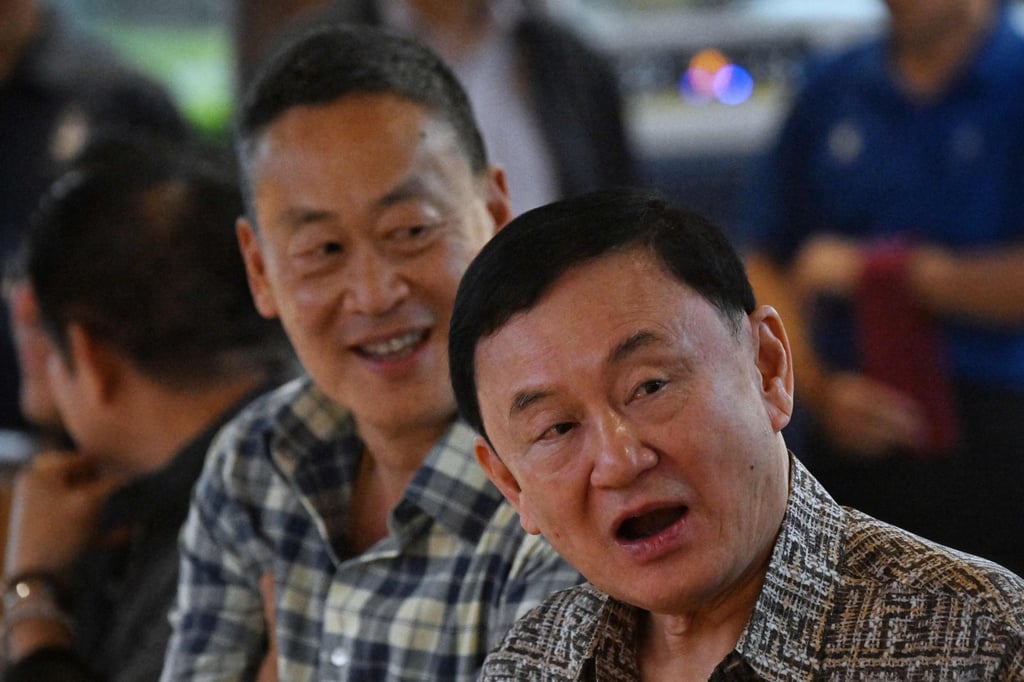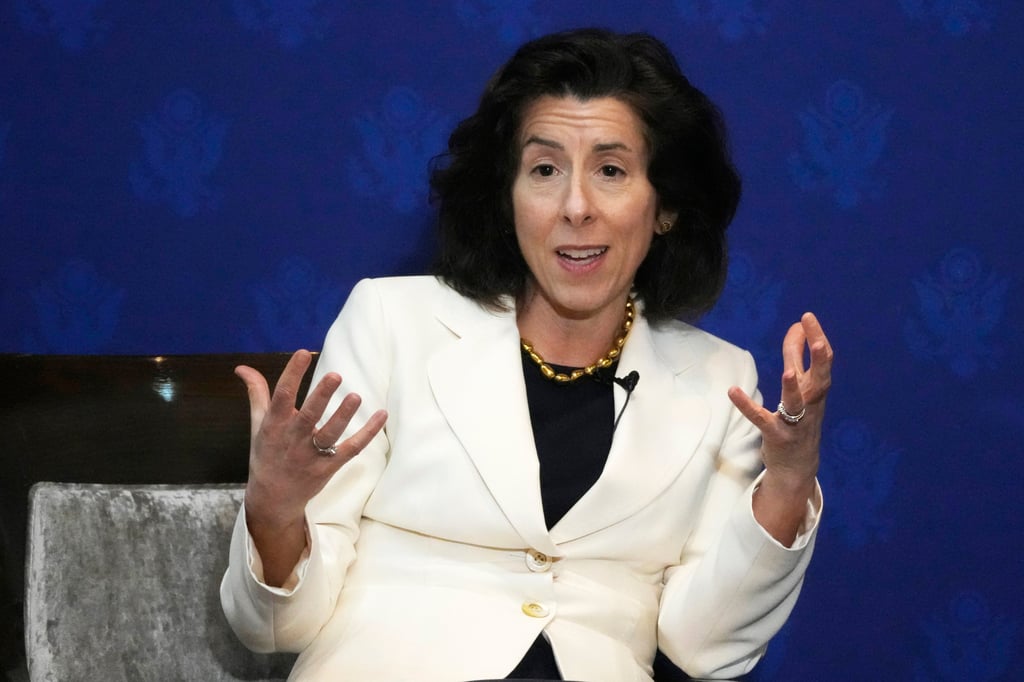Asian Angle | US-Thailand ties: strategic recalculations amid Bangkok’s tilt towards China and new geopolitical realities
- The US has prioritised democracy and human rights in its ties with Thailand, but the rise of China has forced it to reconsider its approach
- Thailand’s policy of ‘bending with the wind’ has seen it draw closer to China for economic reasons, even as it continues to balance ties with US

What is abundantly clear so far, however, is that Thai policy towards the US, though perhaps more civilian-derived, is a function of realist hedging. This started in 2007, the year that Thailand and China had their inaugural military exercise, and marked Bangkok’s attempt to balance the US against China to boost state security. Essentially, Bangkok is leveraging on both sides to maximise geopolitical benefits.

For many decades, Thailand and the US had one of the closest defence and economic relationships. Determined by the post-1947 Cold War, anti-Communism, free markets and Thailand’s policy of “bending with the wind”, this linkage remained generally firm until the end of the Cold War in 1991.
Thereupon, American policymakers prioritised democracy and human rights, which led Washington to strongly oppose Thailand’s 2006 and 2014 coups. The US suspended most military assistance, reduced the number of joint military exercises, and paused any major new agreements until an elected government returned to office.
However, the rise of China, specifically after 2013 when Xi Jinping took power, affected Thai-US relations. Now, as one senior US diplomat told this author, Washington needs to balance its promotion of democratic norms with the need to retain its geopolitical interests. But Washington’s distancing of Bangkok and Beijing’s charm offensive towards the kingdom contributed to Thailand increasingly turning to China for military aid, joint military exercises and military education for Thai soldiers.


